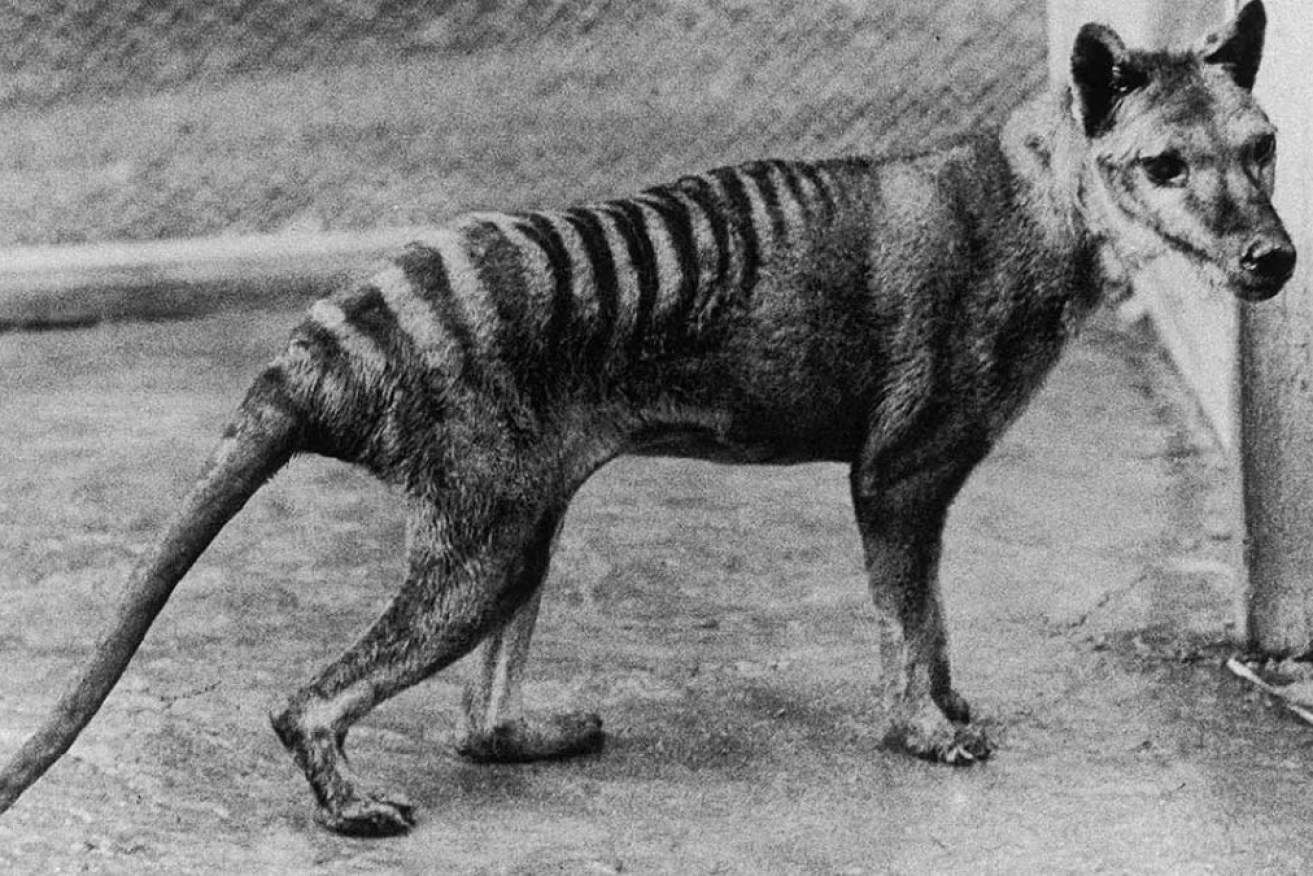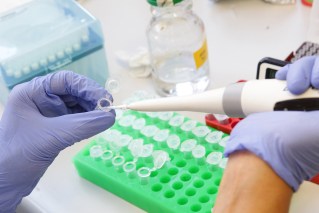Scientists’ ambitious plan to ‘de-extinct’ Tasmanian tiger

Scientists are working on an ambitious project to bring the extinct Tasmanian tiger back to life.
Melbourne scientists are working to bring the Tasmanian tiger back to life by re-creating the extinct species in the hope it can be re-introduced to the wild.
The University of Melbourne is establishing a $5 million research lab for de-extinction and marsupial conservation science, after receiving the funding through a philanthropic gift.
The lab will develop technologies that could achieve de-extinction of the thylacine, commonly known as the Tasmanian tiger.
Scientists have already sequenced the thylacine genome, which has provided a blueprint on “how to essentially build a thylacine”, Thylacine Integrated Genetic Restoration Research Lab lead Andrew Pask said.
He said the funding would help the lab’s scientists to better understand the thylacine genome and develop techniques to use marsupial stem cells to make an embryo.
That embryo would then be transferred to a host surrogate uterus, such as a dunnart or a Tasmanian devil.
The thylacine, a unique marsupial carnivore, was once widespread in Australia but was confined to Tasmania by the 18th century.
It was hunted to extinction by colonists, with the last known animal dying in captivity in 1936.
“Of all the species proposed for de-extinction, the thylacine has arguably the most compelling case,” Professor Pask said.
“The Tasmanian habitat has remained largely unchanged, providing the perfect environment to re-introduce the thylacine and it is very likely its re-introduction would be beneficial for the whole ecosystem.”
At least 39 species have become extinct in Australia in the past 200 years, with nine more listed as critically endangered or at high-risk of extinction.
The lab will use the technology, including stem cells, gene editing and surrogacy, to prevent other marsupials from suffering the same fate as the Tassie tiger.
“The tools and methods that will be developed in the TIGRR Hub will have immediate conservation benefits for marsupials and provide a means to protect diversity and protect against the loss of species that are threatened or endangered,” Mr Pask said.
-AAP








